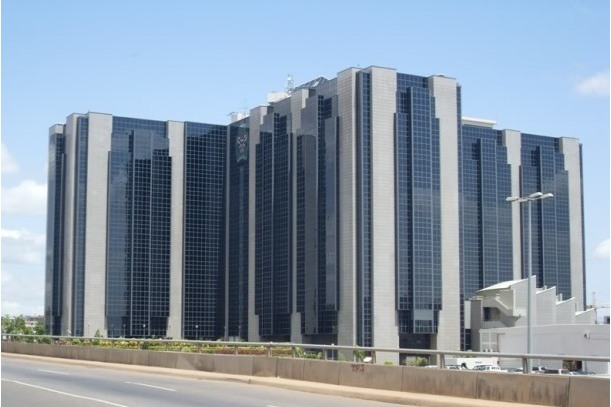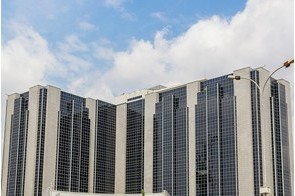Latest News
Rencap sees upside risk to MPR even as CBN holds rate at 14 percent

News Highlight
Rencap said it expects the Bank of Ghana to further lower rates this year after the apex bank cut rates by 150 basis points to 21 percent on July 24th.
Renaissance Capital, a Russian investment bank, has lowered its 2017 interest rate forecast for Nigeria to 14 percent from 18 percent previously, according to a note written by Yvonne Mhango, the bank’s Sub-Saharan Africa Economist.
The revised forecast comes a day after the Monetary Policy Committee of the Central Bank of Nigeria voted to retain benchmark interest rate at 14 percent in a bid safeguard the recent improvements in the country’s macro-economy.
“We believe the committee’s mention of FX stability and lower inflation in 2H’17, on the back of 3Q’17 harvests, lowers the probability of a rate hike,” Mhango said. “So, we revise down our YE17 policy rate forecast to 14 percent, from 18 percent previously. Although a rate hike is no longer our base case, we think the risk to the policy rate remains to the upside, because inflation bottoms in the early teens, by our estimate.”
In Kenya, Rencap said it sees flat rates in the short term after the country’s central bank kept its benchmark interest rate at 10 percent on July 17th.
“We see inflation falling back into the central bank’s 2.5-7.5 percent target region by 1Q’18 and a flat policy interest rate in the short term,” Mhango said. “This implies the real policy rate, which turned positive in June, will edge up in the short term. . .. In the event of potential violence surrounding the 8 August elections, the risk of a rate hike to stabilize the overvalued shilling increases.”
Rencap said it expects the Bank of Ghana to further lower rates this year after the apex bank cut rates by 150 basis points to 21 percent on July 24th.
“We maintain our YE17 policy rate forecast of 20%, implying we think another 100-bpt cut is likely by YE17,” Mhango said. ‘The central bank expects inflation in the 6-10% target range in 2018. On our model, this happens in September 2018. Even then Ghana will still have one of the highest positive real rates in the region, implying it will continue to attract FX inflows. This is positive for the undervalued cedi and by implication, inflation.”
Related News
Latest Blogs
- The Tah Doctrine: A presidential mandate for Africa’s next chapter
- How far Nigeria’s maritime has come
- The curious case of Nigeria’s bans
- Why Africa will be missing on ‘Globalisation 3.0’
- The Nigerian high-interest-rate trap
Most Popular News
- Artificial intelligence can help to reduce youth unemployment in Africa – ...
- African Development Bank elects Sidi Ould Tah ninth president
- Nigerian digital lender pioneering new model attracts $4.2m seed investment
- Uganda Secures $800 million from IsDB to fund development through 2027
- GenAI to mostly transform and not replace 25% of exposed jobs
- Global space economy market to surpass $511 billion in 2029









